A recent issue published in The University News addressed the recent addition of various internet-acronyms to the Oxford English Dictionary. I quote: “We need to see a difference between what real words are, and what are simply phrases and contractions that deserve to remain in the informal world of text messages and Facebook – not in the official documentation of our language.”
Balderdash, for so many reasons: language evolves, dictionaries are records of language not arbitrators of proper usage, only a ninny would worry about this kind of thing, etc.
I see where the ninnies are coming from. I used to be one of them, worrying about misplaced apostrophes or the usage of “less” or “fewer” in supermarkets. But then something changed: I won a regional vocabulary competition. My sophomore year of high school, I stood on stage and correctly identified the usage of a number of words, which won me an amount of money, a crystal clear trophy and a horrible misquotation in the Riverfront Times. I would go on to the final round of the competition in New York, where I met my defeat at the hands of a (I swear) defective buzzer.
The thing is, at this New York meet, I came across for the first time a group of people who loved language. Some loved to memorize words, definitions, parts of speech, the little curly things that denote pronunciation; some (like myself) loved to read and write with these glorious little units of language, some would combine both talents and go on to become linguistics majors. What brought us all together – unless I am very much mistaken – was/is a love of language. A clever turn of phrase, artistic punctuation, terrible puns – we loved it all.
Probably a third or so of that past paragraph was as near to lies or misrememberings as makes no difference, but I left New York thinking that language could be art. I have since had that belief confirmed: look no further than a P.G. Wodehouse novel or any random page of “Kafka on the Shore” to see words doing beautiful things.
Words form into shapes, into sentences, provide metaphor and imagery, take us to places we could not dream of before but now fill our subconscious (if we have such a thing). Words are the ultimate form of expression, of art, of love, of hate, of passion, even of shear bloody nonsense.
With that in mind, I would like to defend the addition of terms such as “OMG” to the OED. I think it is an act of arrogance to denote one word as unusable while some — “metonymical discontinuity” — are shown as beacons of linguistic respectability. I challenge anyone to end a first date with “so, you are both pulchritudinous as well as ingenious; let us now engage in osculation.” Not that “so, you are beautiful and smart, let’s make out” is any better, but there is a certain something that means we would pick one over the other.
We would rather use the language as we speak it, rather than the language as some people would prefer we write with. I understand, of course, the value of certain formalities in an academic setting, but I can dismiss as irrelevant the possibility that some kid is going to come across “OMG” in the dictionary and assume it to be cleared for use in his or her next research paper.
I remember well that day in the 4th grade, the day in which we discovered the word “constipation” in the dictionary. It was hilarious — “it says bowels! hah! bowels!” — but that did not mean our next round of book reports went on at length about Arthur Dent’s constipated companion, (although we might have had a point) or about how our independent variable just had to involve bowel problems. The point, I guess, is that language is beautiful. We can use it to do just about everything. So why limit it because something sounds informal? OMG and LOL are, IMHO, just as useful a set of terms as “elucidate” or “numismatist.”
In New York I learned that just because a word is defined, does not mean that it should be used or that it should even be used in the way it is defined. Language changes, language evolves, and the way we understand one another will change too.
There will always be a place for the beautifully long-winded writing of days of yore, and while I would like to get back the week I spent on “Gravity’s Rainbow,” there is a place, too, for modern linguistic experimentation. People said Van Gogh was crazy, and if accepting the advance of language makes me crazy too, at least I am in good company.





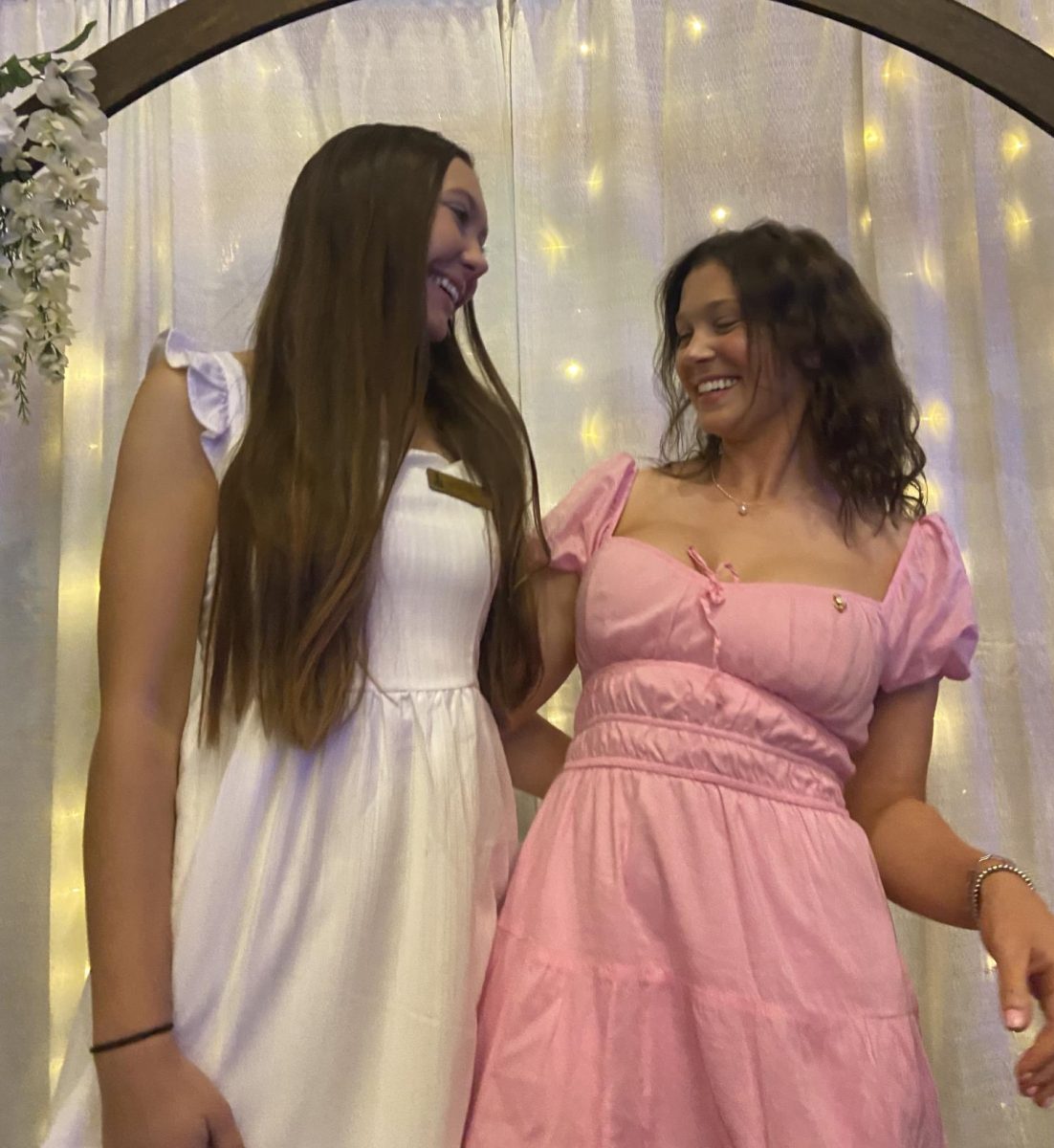




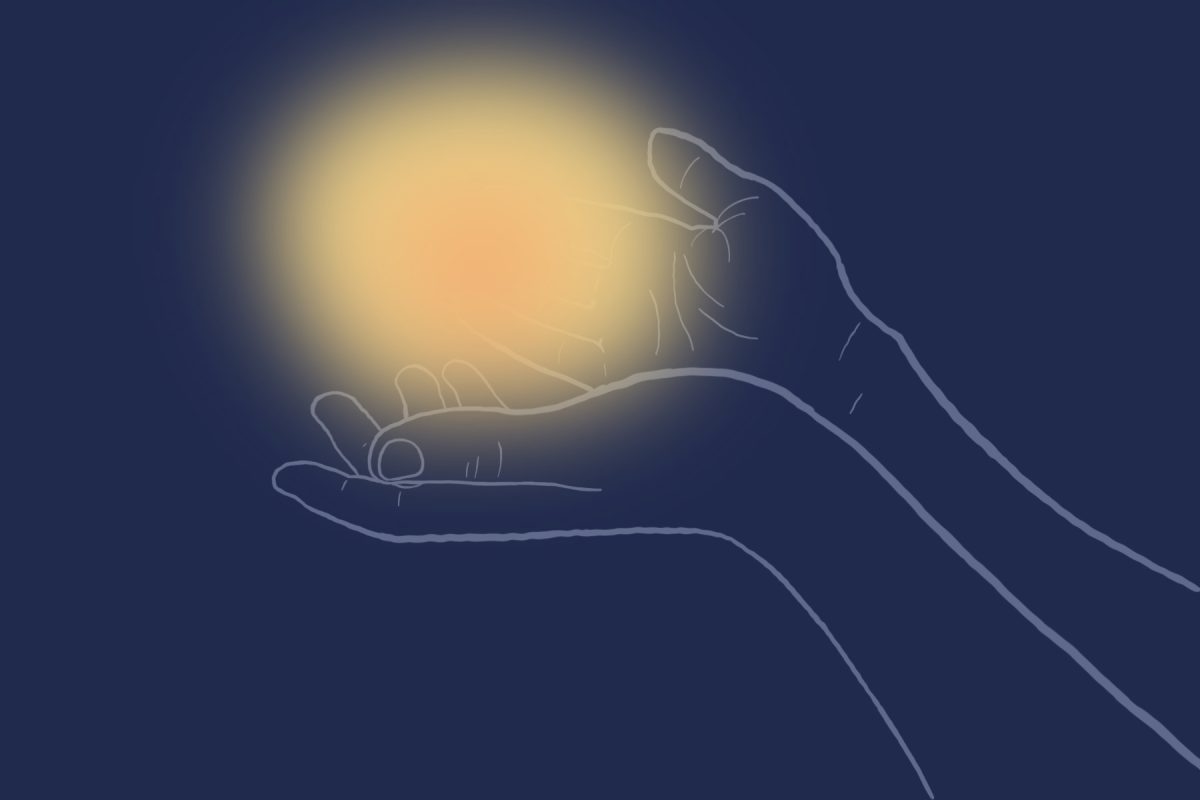
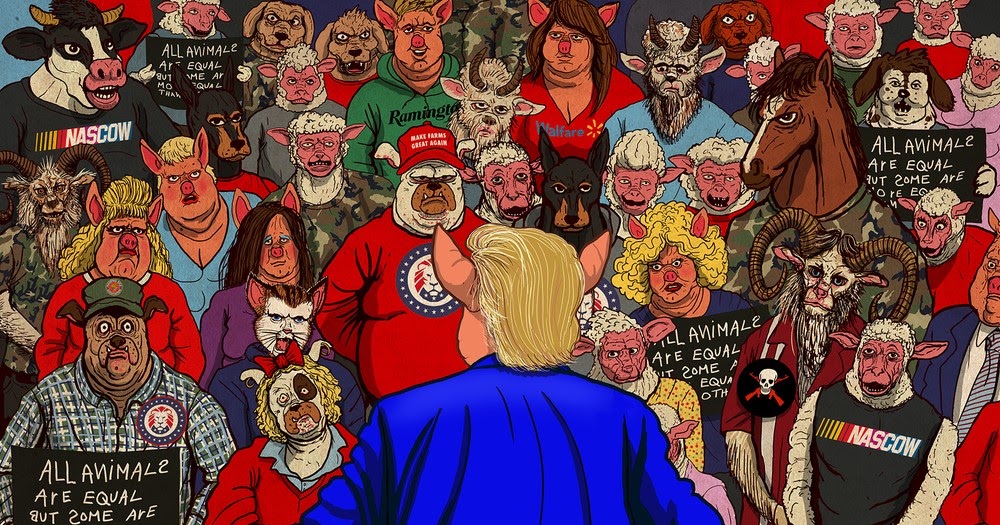
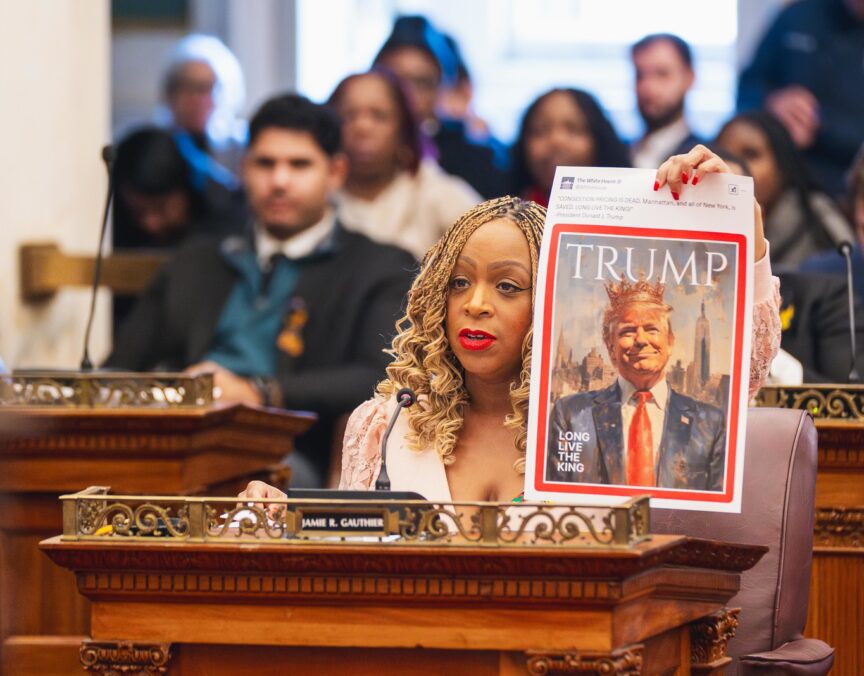
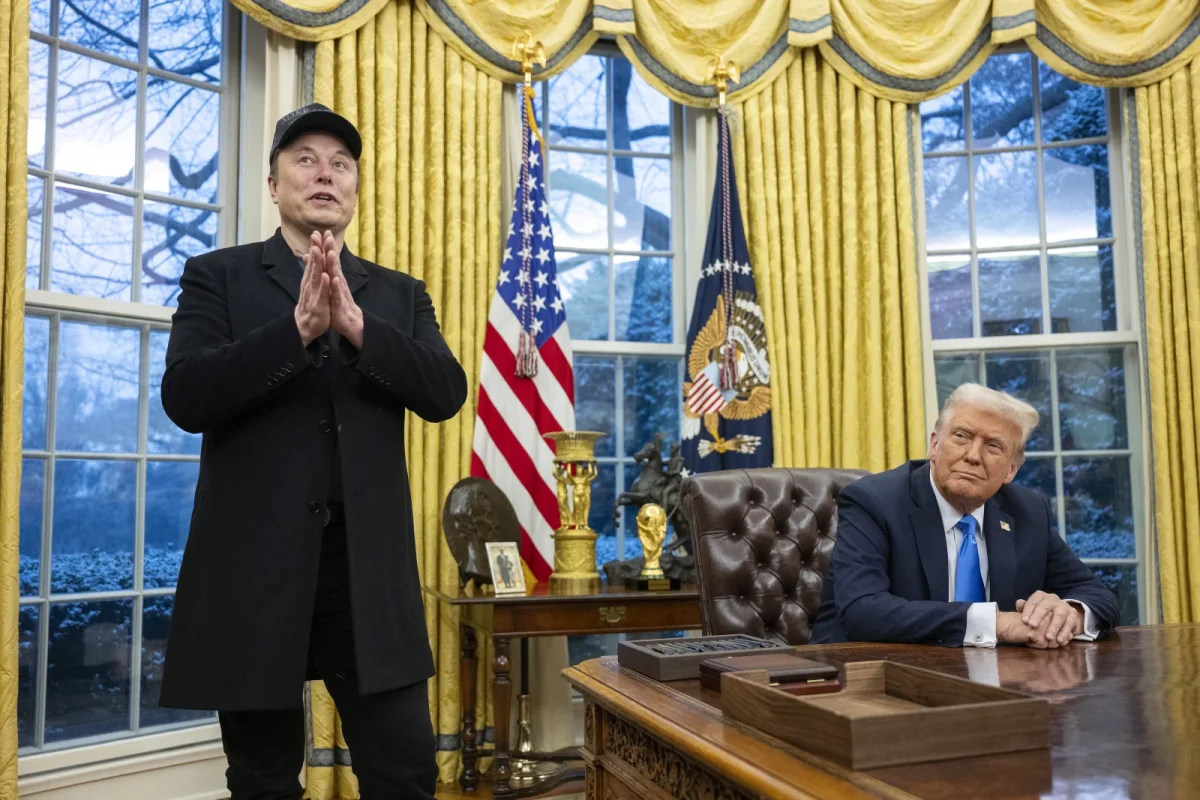

Washington Irving • Apr 22, 2011 at 1:00 am
“A recent issue published in The University News” – wow, meta.